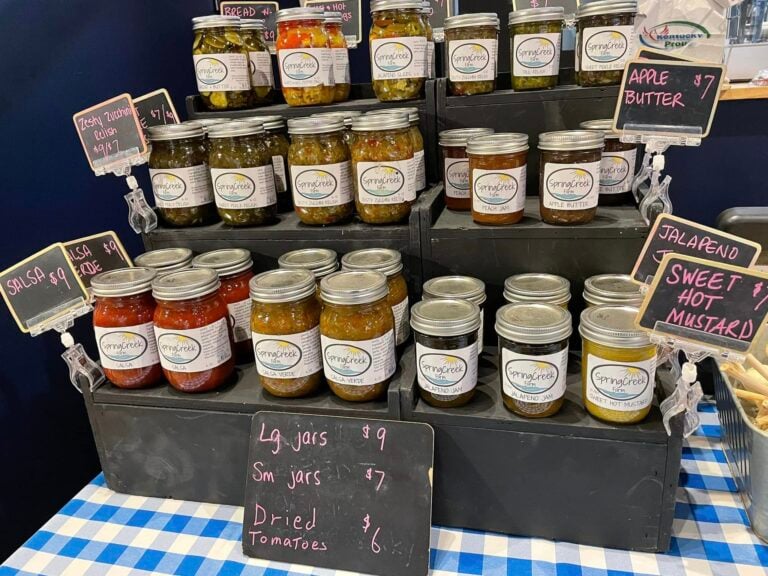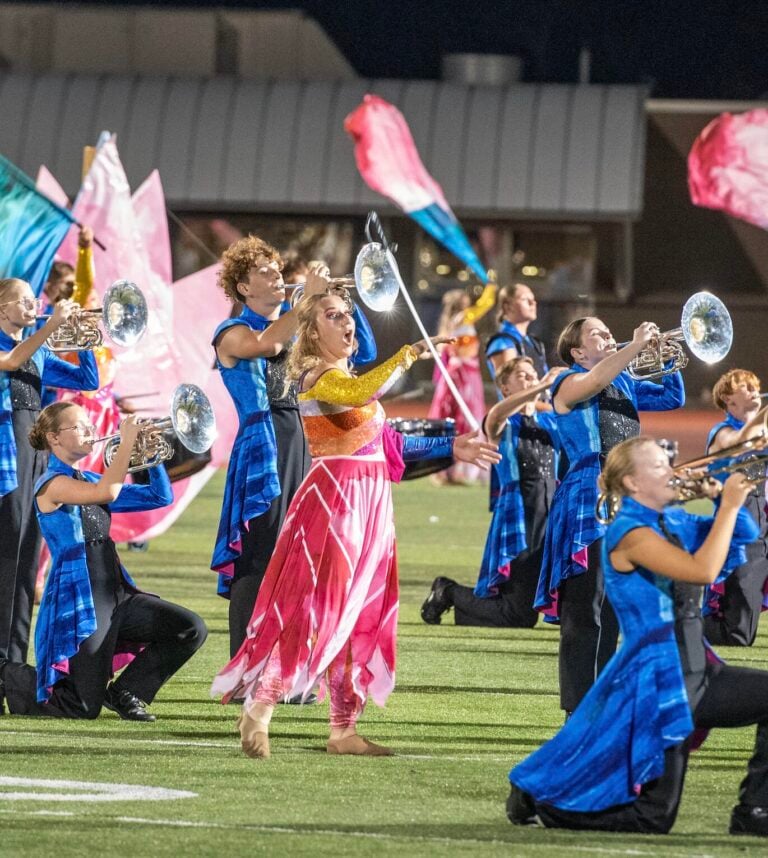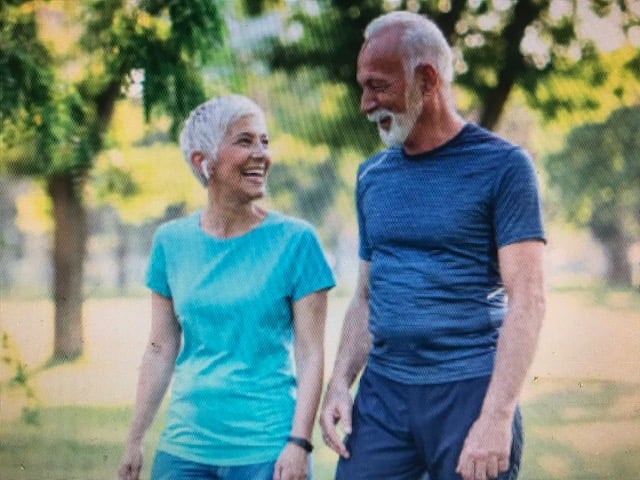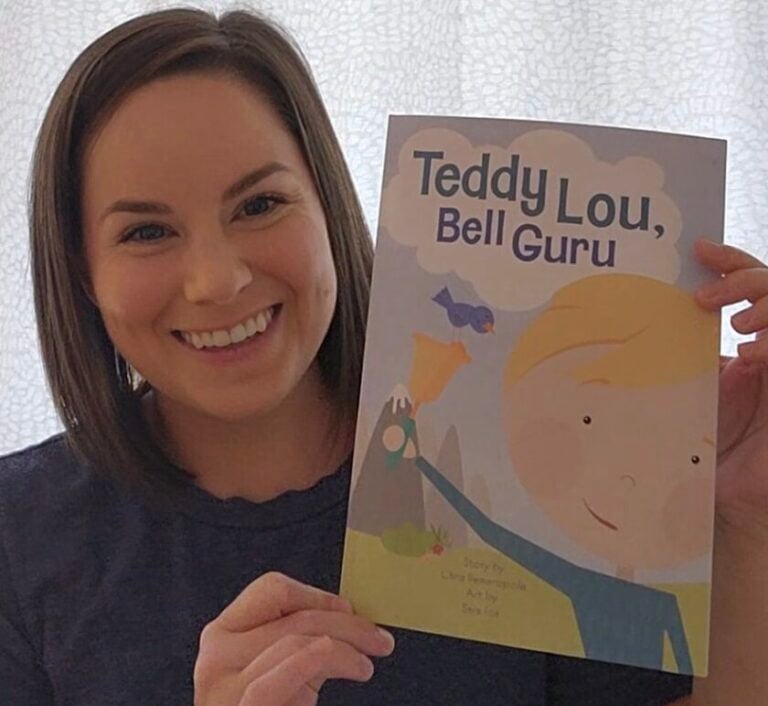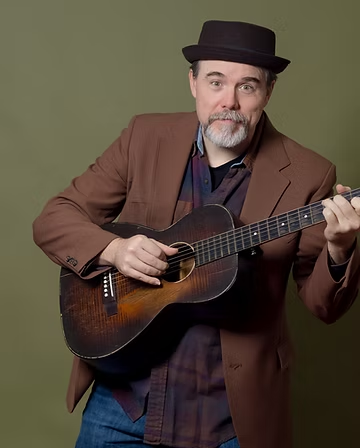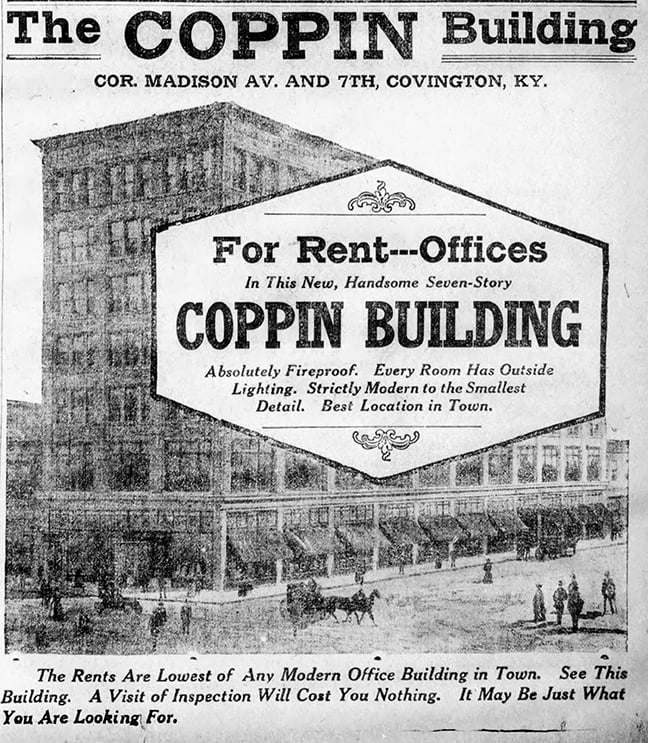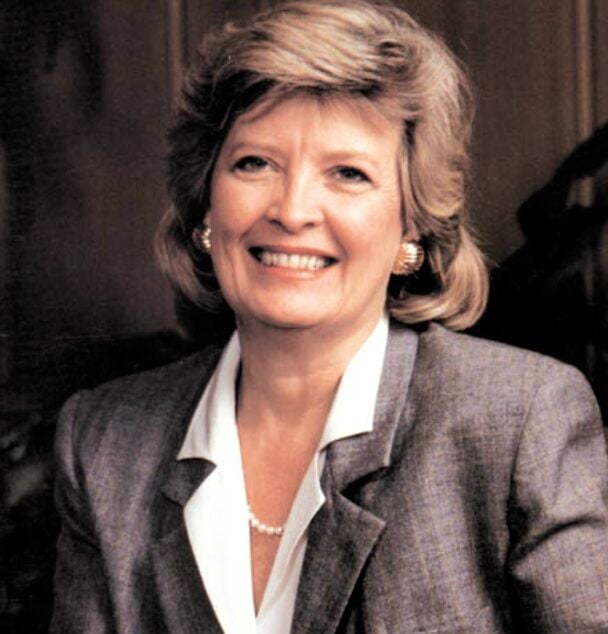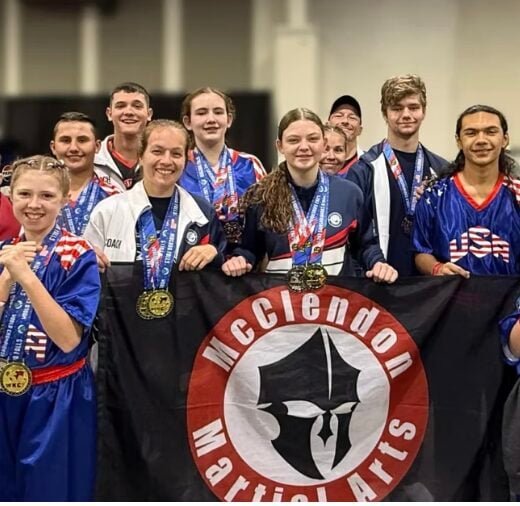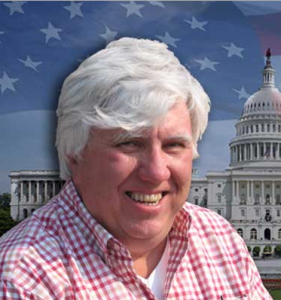By Anna Latek
Frankfort State-Journal
“What do we want?”
“Justice!”
“When do we want it?”
“Now!”
Sunday afternoon the sounds of peaceful protest rang through downtown Frankfort as a march marking the 55th anniversary of the “Bloody Sunday” civil rights march over the Edmund Pettus Bridge between Selma and Montgomery, Alabama, took place.
Several hundred participants crossed the Capitol Avenue Bridge led by Gov. Andy Beshear, Rep. Derrick Graham, D-Frankfort, Sen. Gerald Neal, D-Louisville, Louisville NAACP Director Raoul Cunningham, and representatives of Kentucky State University’s student body.
Neal, who helped to organize the march and rally, said the ultimate inspiration went beyond just remembering the 1965 march, which ended in peaceful protesters being blasted with fire hoses, repelled with tear gas, and set on by police dogs; but also to draw attention to the current climate in this country, especially with regards to voter rights and access.
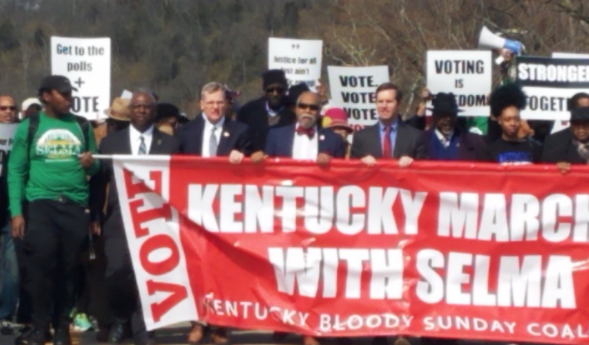
“I started building this coalition about three weeks ago, not just to commemorate this important date in our country’s history, but also to address the fact that there is a growing apathy in this country. So many people have either lost faith in our government, or are ill-informed as to what is being decided,” Neal said.
“We want to use this event not just this year, but in the years to come as a means to increase our public’s motivation to participate in the political process. To increase their motivation to vote, and be engaged what goes on both here, and in Washington.”
The Frankfort League of Women Voters was there to register new voters and as the crowd approached the State Capitol steps, they were greeted by a gospel quartet from Kentucky State. Once seated, participants in the march were asked to join in singing “America The Beautiful.”
Rev. Leslie Whitlock of Frankfort’s First Corinthian Baptist gave the opening invocation citing that the day was “not ‘Bloody Sunday, this is “Salvation Sunday,” followed by a welcome from Neal. He called upon the community to join together and called on all Kentuckians to “answer the call and vote.”
“Clearly there is a need for action,” Neal said. “The health of our democracy demands it.”
Frankfort Mayor Bill May offered his thanks to the City and Capitol grounds staff for helping with the event, as well as thanking Gov. Beshear for attending. “We are a city of love and compassion,” he said. “And we cannot forget those who sacrificed their lives and personal safety for the rights of others.”
Graham referenced his career as a history teacher in the Frankfort Independent School district, telling the crowd “I know all too well what happens when people forget their history. They are certainly doomed to repeat it.” He also recalled, as a child, witnessing the first civil rights march on the Kentucky State Capitol, when Dr. Martin Luther King, Jr, Baseball Hall of Famer Jackie Robinson, and future Kentucky Senator Georgia Davis-Powers, led 10,000 peaceful protesters in a march following the same path as Sunday’s march from West Main to the steps of the Capitol.
He closed his speech remarking, “Our country is better when equality is more than just a word on a page.”
Graham then introduced Beshear, who opened his remarks saying, “In 1965, those protesters marched against a governor. Today you marched with a governor you helped elect,” which drew a huge cheer from the crowd.
He continued the rally’s theme of voter responsibility and engagement, saying “If you think voting doesn’t count, just look at the 5,000 votes that separated me from our former governor.”
Beshear’s speech also included the news that “within 10-14 days, we will have a fully operational online portal ready to register every one of the now 152,000 reinstated voters in the Commonwealth.”
This refers to his signing of an executive order two days after taking office, which restored the voting rights of non-violent felons who have completed their sentences.
“Now we are going to hold the doors to your Capitol open to everyone.” Beshear continued, with a dig at recent controversy over photos taken of him posing with an LGBT activist group during the recent fairness rally at the Capitol. “This building belongs to each of you, and to every other Kentuckian. And in case you missed it, I will certainly take a picture with everyone who wants one.”
Cunningham, director of the NAACP’s Louisville office, took the opportunity to recognize the role Kentucky played in the civil rights movement before, during, and after the Selma march and urged attendees to consider “what is our status as a state today?”
“In the early 1960s, Kentucky was considered a progressive state, as we did not have a history of denying African-Americans the right to vote at that time. But with legislation such as Senate Bill 2 [the controversial “voter ID” bill expected to be presented this week], we will be dangerously close to being back to the days of the poll tax. It is discriminatory against minorities, the poor, and the elderly.”
The crowd also heard speeches from KSU faculty, staff, and students, and the rally closed with words from 3 civil rights activists with direct ties to the “Bloody Sunday” march. First was Mattie Jones, who was at that ill-fated event and urged the crowd, “You have to march on – we can’t stop now!”
She was followed by Ira Grupper, a member of SNCC (the Student Non-Violent Coordinating Committee), who held up a Klu Klux Klan recruitment poster he was given in Hattiesburg, Mississippi with the plea “This is not an academic, esoteric discussion. This is the real world. We [those who were a part of the movement] won’t be around forever.”
The third honored activist was Walter Taylor, Jr. who was a child who traveled to attend marches all over the Southern US with his father, a minister, and activist in Lexington who worked closely with Martin Luther King, Jr. He now spends his retirement in Harrodsburg, where he is tutoring young students that no matter what, “your vote counts.”
The rally closed with another sing-along, this time to “We Shall Overcome”, where attendees were asked to cross arms, hold hands, and sway as was done during the height of the civil rights movement. The attendees did just that, as did the speakers on the steps.
The final message of the day was summarized by Neal: “To everyone here, just hearing someone speak is not enough. You have to take action. Apathy is not acceptable.”
Kentucky Today











